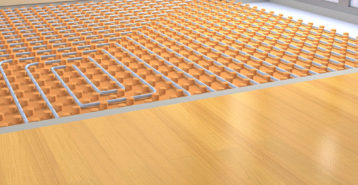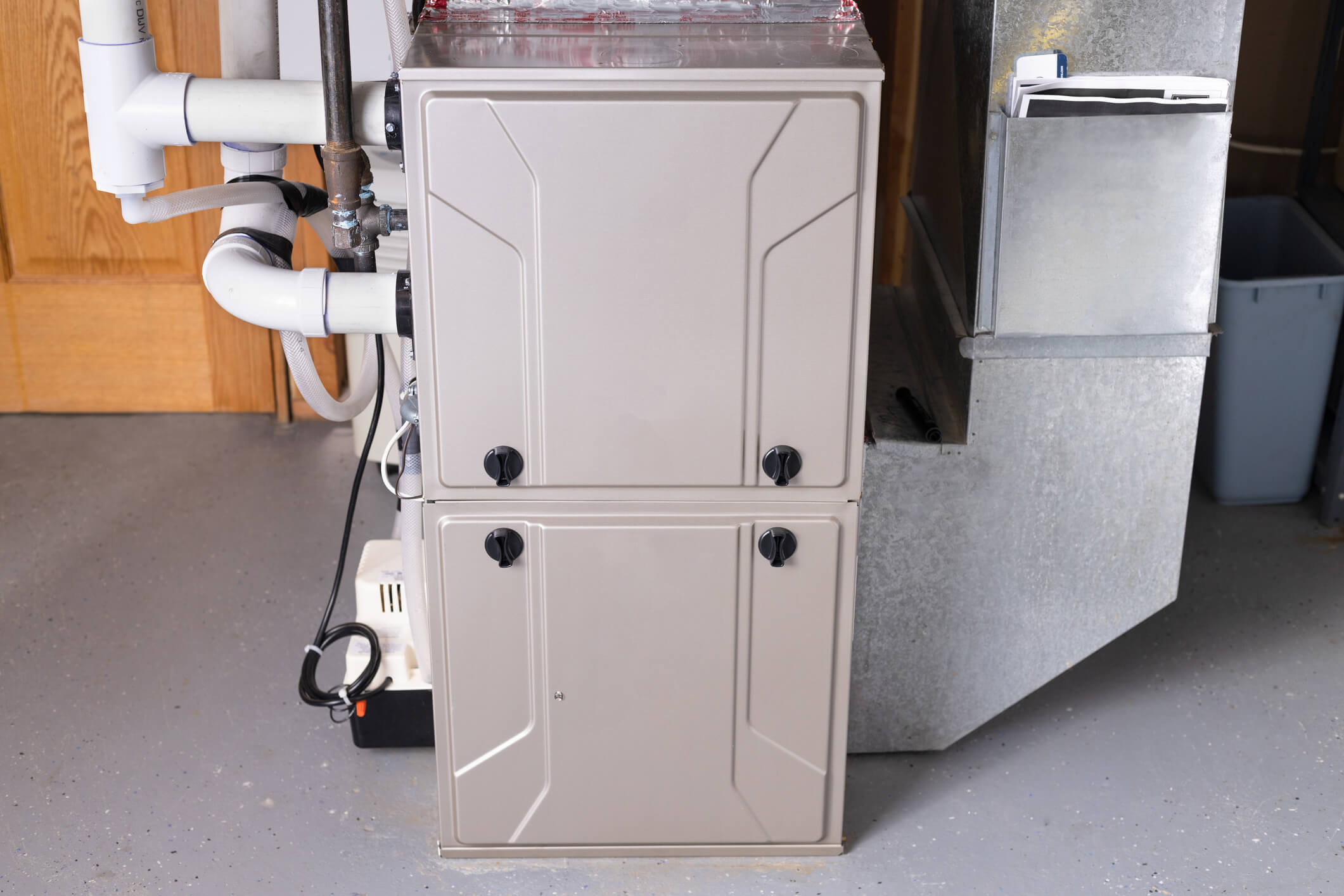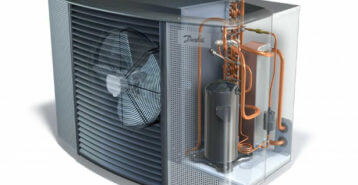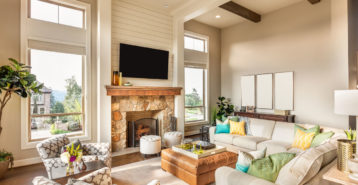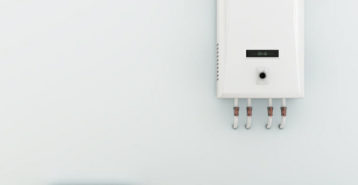How Much Does Boiler Installation Cost?
Overall, expect a total project cost in the $6,500 to $11,500 range for many homes. Prices vary by fuel, efficiency, and complexity. Use the table below to compare typical installed costs by boiler type.
Boiler Replacement Costs by Type
| Boiler Type | Typical Total Cost | What It’s Best For |
|---|---|---|
| Natural Gas (standard to high efficiency) | $6,000 to $10,500 | Homes with gas service; balanced cost and efficiency |
| Oil | $4,500 to $12,000 | Homes without gas lines; strong heat output |
| Electric | $7,500 to $12,500 | All-electric homes, small spaces, easy installs |
| Combi (tankless heat + domestic hot water) | $7,500 to $12,000 | Smaller to mid-size homes that want hot water and heat in one unit |
| Steam (radiator systems) | $7,000 to $12,500 | Older homes with existing steam radiators |
| Solid Fuel (wood, pellets, coal) | $8,500 to $15,000 | Rural properties with on-site fuel and storage space |
Actual prices depend on boiler capacity, efficiency rating, venting, existing piping condition, and local labor rates.
Replacement Gas Boiler Cost
You’ll pay $6,000 to $10,500.
Gas boilers remain the most common choice where natural gas is available. Replacement often includes new venting (especially for high-efficiency condensing models), condensate drain setup, and system flushing. Ask your contractor to confirm the right size for your home. Oversizing can raise costs and reduce efficiency.
Oil Boiler Replacement Cost
You’ll pay $4,500 to $12,000.
Oil boilers serve many homes without gas service. Replacement may involve tank inspection or replacement, oil line upgrades, and nozzle/combustion tuning. Because oil prices fluctuate, consider efficiency and service availability when comparing models.
Cost of Installing a Combi Boiler
You’ll pay $7,500 to $12,000.
A combi boiler provides space heat and on-demand hot water in a single wall-hung unit. It can free up floor space and eliminate a separate water heater. You will pay more for higher hot-water flow rates. Sizing for both heating load and hot-water demand is key.
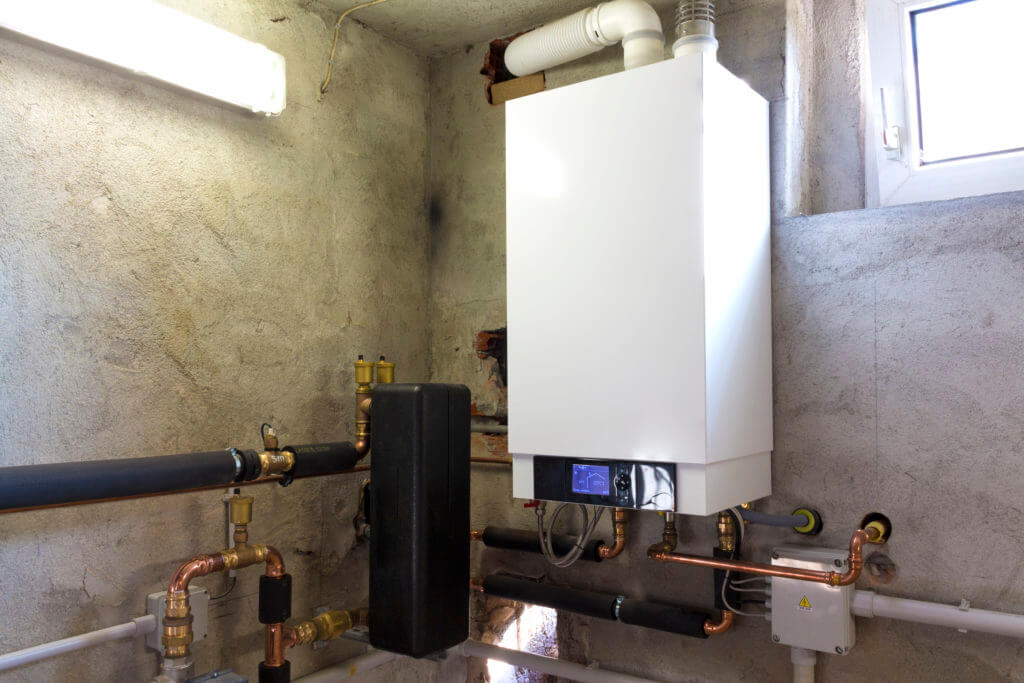
Electric Boiler
You’ll pay $7,500 to $12,500.
Electric boilers are simple to install and nearly 100% efficient at the unit, but monthly bills depend on your electric rates. Check whether your electrical panel has capacity for the new load, and ask about off-peak rates from your utility.
Steam Boiler
You’ll pay $7,000 to $12,500.
Steam systems are durable and cozy but need steam-specific expertise. Replacement may include new near-boiler piping, proper venting, main and radiator vent checks, and water quality adjustments to protect the boiler.
Labor Cost to Replace a Boiler
Labor typically costs $2,000 to $5,000 of the total, depending on access, venting changes, piping complexity, and controls. Rates often fall between $90 and $150 per hour, with crew size and project scope affecting the final bill.
Factors That Affect Boiler Costs
- Boiler Type and Efficiency: Condensing and higher-efficiency models cost more upfront but can lower bills.
- Capacity (Size): Larger homes and higher hot-water needs require bigger, and more expensive, units.
- Venting and Fuel Lines: New PVC venting, liners, or fuel-line updates add to your costs.
- Piping and Radiators: Replacing valves, pumps, expansion tanks, or adding zones increases labor and materials.
- Electrical and Controls: Smart thermostats, outdoor reset controls, and panel upgrades affect the total.
- Access and Permits: Tight spaces, code updates, and inspections can add time and cost.
Boiler Repair Costs
Even a well-maintained boiler may need repairs over time. Small fixes can restore efficiency and extend the system’s lifespan, while major issues may signal that it is time to consider a replacement. Most homeowners spend about $200 to $1,000 on boiler repair, with minor repairs on the low end and major component failures reaching $1,200 to $3,000 or more. To see detailed price breakdowns by part and problem type, visit our complete boiler repair cost guide.
How to Save Money
- Right-Size the Boiler: Ask for a load calculation to avoid oversizing.
- Compare Two to Three Itemized Bids: Request line-by-line pricing for equipment, labor, venting, piping, and permits.
- Bundle Smart Upgrades: Add outdoor reset controls, balancing, and basic insulation to improve comfort and reduce bills.
- Schedule Off-Season: Spring and early fall can offer better availability and pricing.
- Maintain Annually: A yearly tune-up protects efficiency, catches leaks early, and extends system life.
- Ask About Rebates: Some utilities offer incentives for high-efficiency equipment or controls.
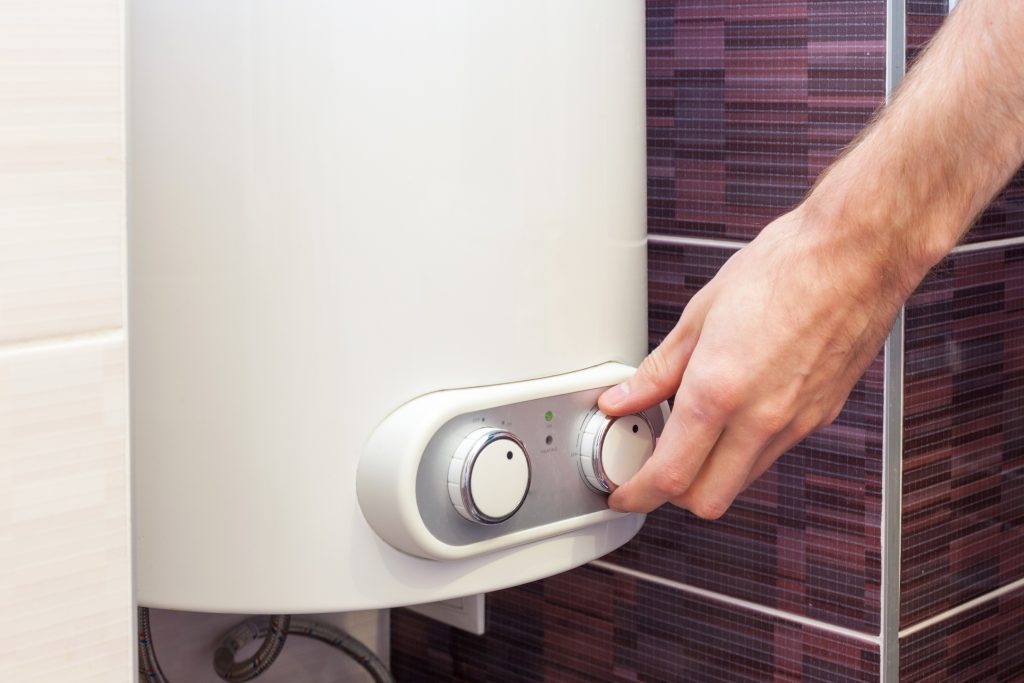
Next Steps
- Decide on Fuel and Type: Gas, oil, or electric, and whether a combi unit fits your hot-water needs.
- Check the System Around the Boiler: Radiators, pumps, valves, and vents may need attention too.
- Get Local Quotes: Compare two to three itemized proposals that include equipment model numbers, warranties, and timelines.
- Plan for the Future: Ask about expected lifespan, maintenance, and estimated annual fuel or electric costs.
If you’d like, we can connect you with pre-vetted local boiler pros to compare options, pricing, and schedules. We want to make sure you can choose the right system with confidence.
Compare top-rated HVAC pros in your area.
Read real homeowner reviews, explore qualifications, and view promotions. Modernize makes it easy to browse professionals and find one that will be perfect for your project.





